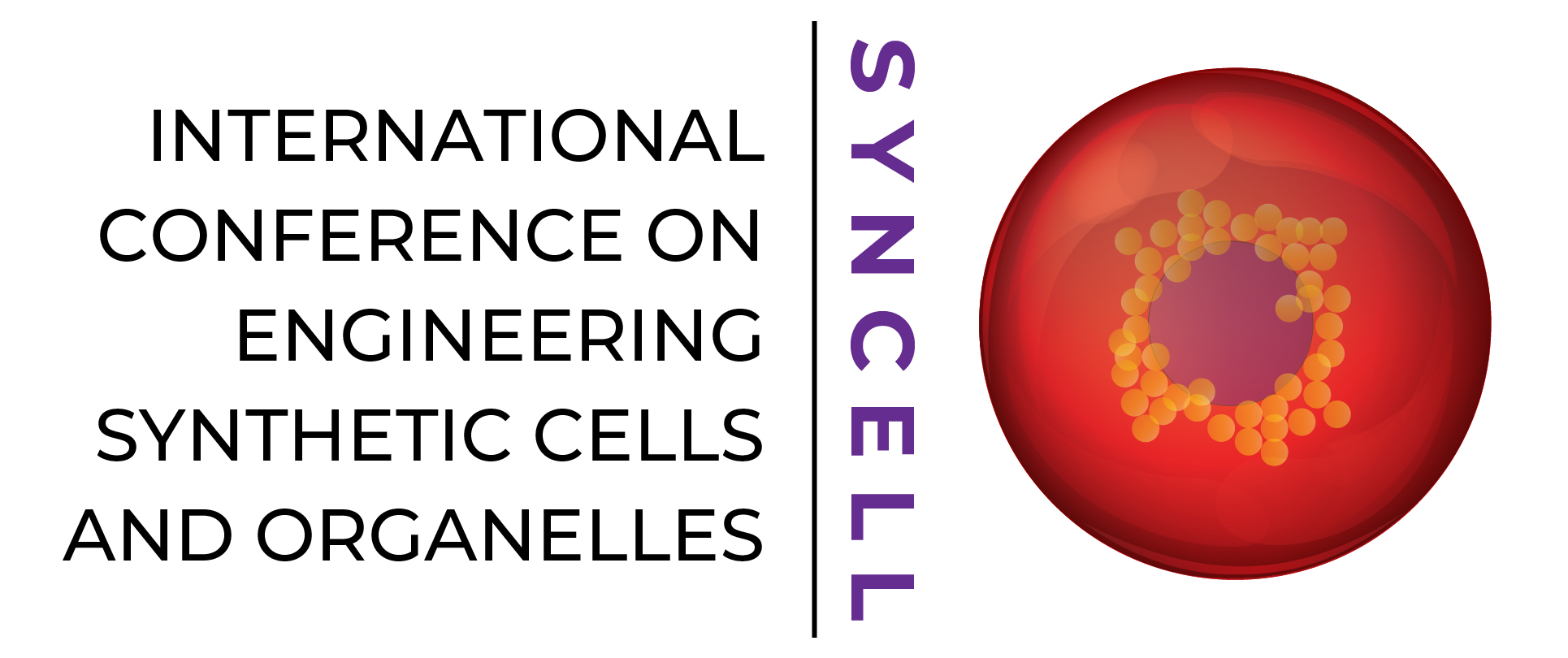
Lipid sponge droplets as programmable synthetic organelles
Presented by: Neal Devaraj
University of California San Diego
Featured Talk
Abstract
NEAL DEVARAJ
Title: Lipid Sponge Droplets as Programmable Synthetic Organelles
Affiliation: University of California, San Diego
Living cells compartmentalize and partition molecules and reactions into various subcellular organelles. This suggests that synthetic organelles will be essential for expanding the biochemical functions of an artificial cell. Here we describe the formation of sponge phase droplets from glycolipids and non-ionic detergents that serve as programmable artificial organelles to spatially organize biomolecules and their reactions. The droplets sequester fluorescent dyes and biologically relevant molecules in high concentrations depending on their structures and charges, encapsulating sugar-binding proteins with excellent selectivity over other soluble proteins. The encapsulation of specific proteins can be programmed through doping lipid droplets with suitably functionalized amphiphiles. We demonstrate that the droplets can co-localize and concentrate enzymes and substrates to enhance the rates of biochemical reactions and confer light-controlled protection from proteases in solution. Due to their versatile and programmable nature, we anticipate that lipid sponge droplets will find application as organelle-mimics to spatially organize cellfree reactions and artificial cellular systems.
